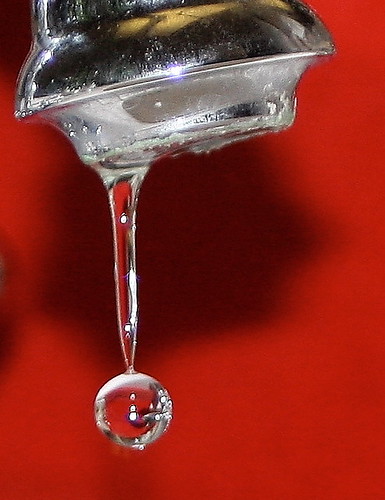Ian Pepper is giving a seminar on “Global research needs on potablewater distribution systems” 4pm, March 15.
 Professor Ian L. Pepper is the Director of the Environmental Research Laboratory at the University of Arizona. He will be giving a seminar on Monday the 15th of March at 4pm on Global research needs on potable water distribution systems: studies at the University of Arizona water village. The seminar is hosted by the School of Civil, Environmental and Mining Engineering, and will be held in Room B01 in the Basement of the Masonic Lounge, 254 North Terrace.
Professor Ian L. Pepper is the Director of the Environmental Research Laboratory at the University of Arizona. He will be giving a seminar on Monday the 15th of March at 4pm on Global research needs on potable water distribution systems: studies at the University of Arizona water village. The seminar is hosted by the School of Civil, Environmental and Mining Engineering, and will be held in Room B01 in the Basement of the Masonic Lounge, 254 North Terrace.
A fundamental requirement for the 21st Century is the ability to provide safe, healthy potable water to consumers, with acceptable taste and odor. To answer these global needs, the University of Arizona has developed “The Water Village.” The Water Village is an intermediate field scale testing facility comprised of modular buildings that allow for the study of water and wastewater treatment and distribution. Central to this is the concept of “Smart Water Distribution Systems.” The “Real-Time Monitoring and Sensor Lab” is a test bed dedicated to the detection of microbial and chemical contaminants in distribution systems in real time. Multiple sensors in parallel are integrated holistically to allow for simultaneous detection of both types of contaminants. In a “smart water distribution system,” contaminant detection in real time is a priority, however an additional requirement is the predictive capacity to monitor dispersion and transport of contaminants following detection. This requirement is provided by the “Water Network Distribution Lab,” which develops state-of-the-art models for contaminant fate and transport. Finally, protection of the consumer to potential water contaminants is vital. This equipment is met by the “Microbiology and Point-of-Use Lab” which specializes in novel low energy disinfection technologies, and the evaluation of new point-of-use technologies which potentially provide the final barrier to contaminant intrusion of a consumer residence. In addition, the Water Village contains the “Novel Wastewater Treatment Lab,” which evaluates low energy treatment technologies, and a “Water Reuse Education and Outreach Building.” Overall, the Water Village has gained a national reputation and is the basis of several major projects that are currently underway.

